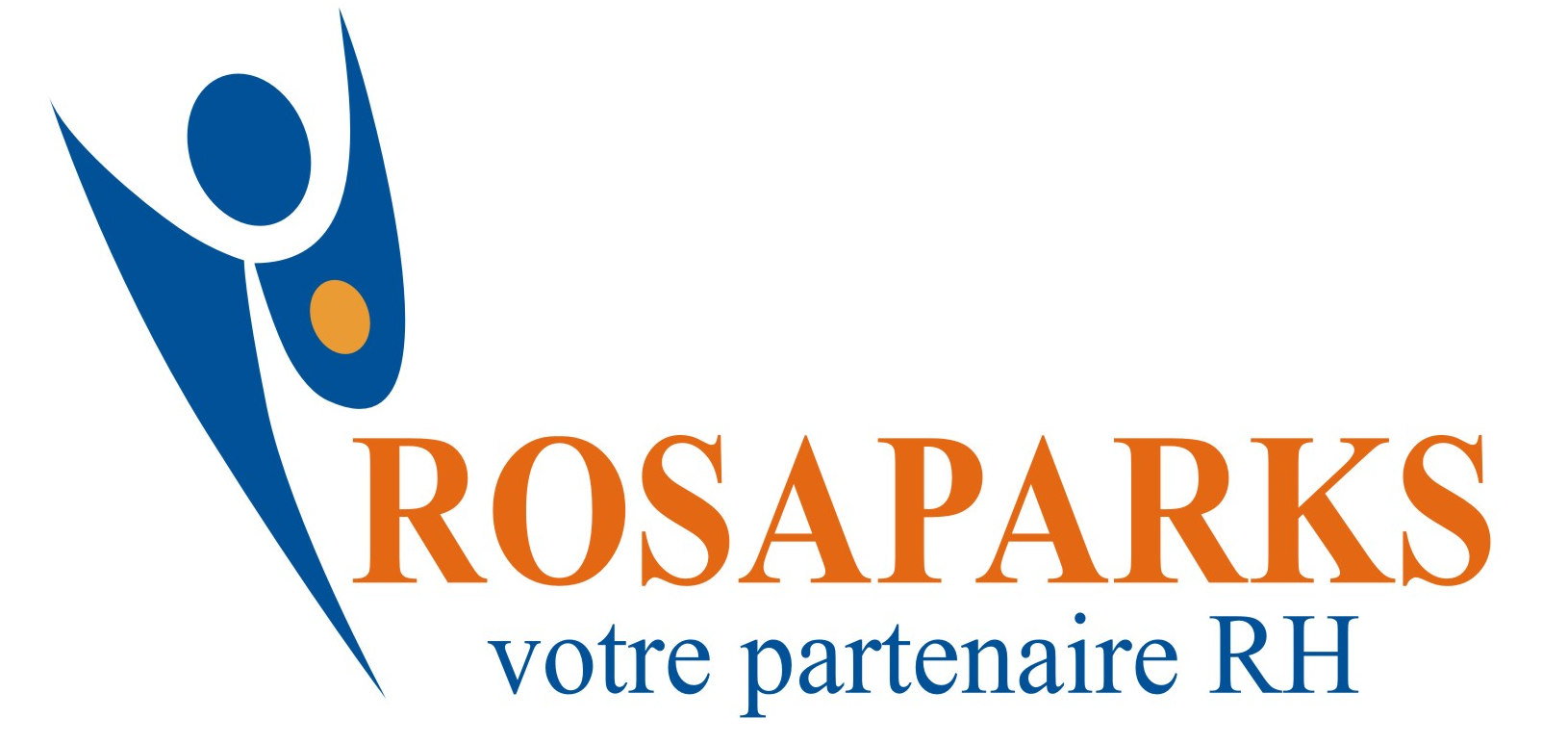
Hnycareershub
Ajouter un avis SuivezVue d'ensemble
-
Date de création août 7, 1946
-
Secteur Psychologie
-
Offres d'emploi 0
-
Consultés 466
Company Description
NHS: Belonging in White Corridors
Within the bustling halls of an NHS hospital in Birmingham, a young man named James Stokes navigates his daily responsibilities with subtle confidence. His smart shoes whisper against the floor as he acknowledges colleagues—some by name, others with the familiar currency of a « hello there. »

James carries his identification not merely as a security requirement but as a testament of acceptance. It sits against a well-maintained uniform that gives no indication of the difficult path that preceded his arrival.
What sets apart James from many of his colleagues is not visible on the surface. His demeanor reveals nothing of the fact that he was among the first recruits of the NHS Universal Family Programme—an undertaking designed specifically for young people who have been through the care system.
« It felt like the NHS was putting its arm around me, » James reflects, his voice measured but carrying undertones of feeling. His remark captures the essence of a programme that seeks to revolutionize how the enormous healthcare system approaches care leavers—those vulnerable young people aged 16-25 who have emerged from the care system.
The numbers reveal a challenging reality. Care leavers frequently encounter greater psychological challenges, financial instability, accommodation difficulties, and lower academic success compared to their peers. Beneath these impersonal figures are human stories of young people who have navigated a system that, despite good efforts, frequently fails in providing the supportive foundation that molds most young lives.
The NHS Universal Family Programme, established in January 2023 following NHS England’s commitment to the Care Leaver Covenant, signifies a profound shift in organizational perspective. Fundamentally, it accepts that the whole state and civil society should function as a « communal support system » for those who haven’t experienced the constancy of a conventional home.
Ten pathfinder integrated care boards across England have charted the course, establishing frameworks that reimagine how the NHS—one of Europe’s largest employers—can open its doors to care leavers.
The Programme is detailed in its methodology, initiating with thorough assessments of existing procedures, creating oversight mechanisms, and garnering leadership support. It understands that meaningful participation requires more than noble aims—it demands tangible actions.
In NHS Birmingham and Solihull ICB, where James found his footing, they’ve established a consistent support system with representatives who can deliver support, advice, and guidance on personal welfare, HR matters, recruitment, and EDI initiatives.
The conventional NHS recruitment process—formal and often daunting—has been intentionally adjusted. Job advertisements now highlight character attributes rather than numerous requirements. Application procedures have been reconsidered to accommodate the particular difficulties care leavers might encounter—from lacking professional references to having limited internet access.
Perhaps most significantly, the Programme recognizes that starting a job can pose particular problems for care leavers who may be managing independent living without the backup of family resources. Concerns like commuting fees, proper ID, and financial services—considered standard by many—can become major obstacles.
The beauty of the Programme lies in its meticulous consideration—from outlining compensation information to providing transportation assistance until that critical first salary payment. Even ostensibly trivial elements like coffee breaks and office etiquette are carefully explained.
For James, whose professional path has « transformed » his life, the Programme offered more than employment. It gave him a sense of belonging—that intangible quality that emerges when someone feels valued not despite their background but because their particular journey enriches the institution.
« Working for the NHS isn’t just about doctors and nurses, » James observes, his gaze showing the modest fulfillment of someone who has discovered belonging. « It’s about a collective of different jobs and roles, a team of people who genuinely care. »
The NHS Universal Family Programme embodies more than an work program. It functions as a bold declaration that institutions can change to welcome those who have experienced life differently. In doing so, they not only transform individual lives but enrich themselves through the unique perspectives that care leavers provide.
As James walks the corridors, his involvement subtly proves that with the right help, care leavers can thrive in environments once deemed unattainable. The support that the NHS has provided through this Programme signifies not charity but recognition of untapped potential and the profound truth that all people merit a community that supports their growth.


